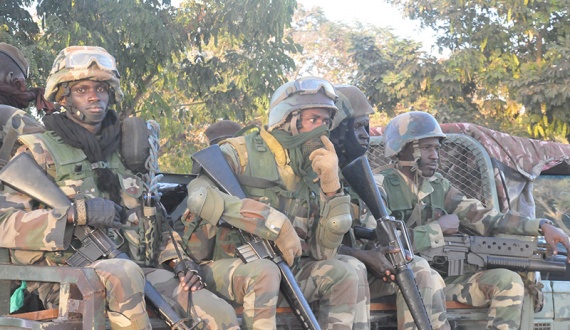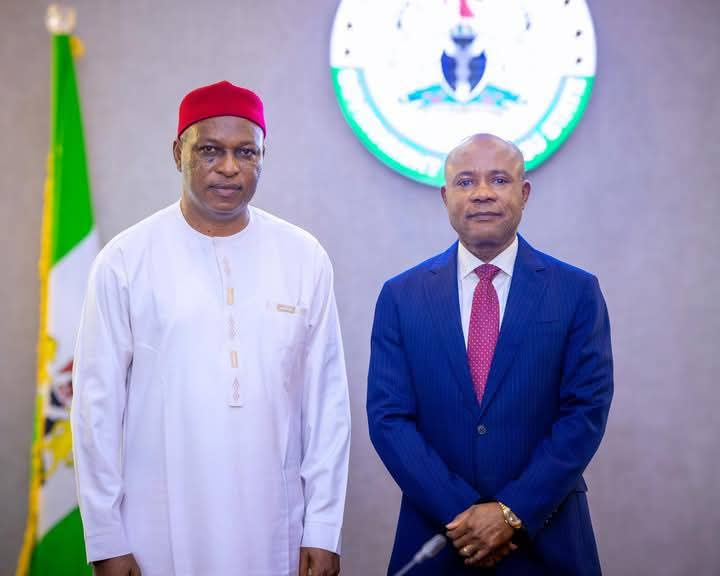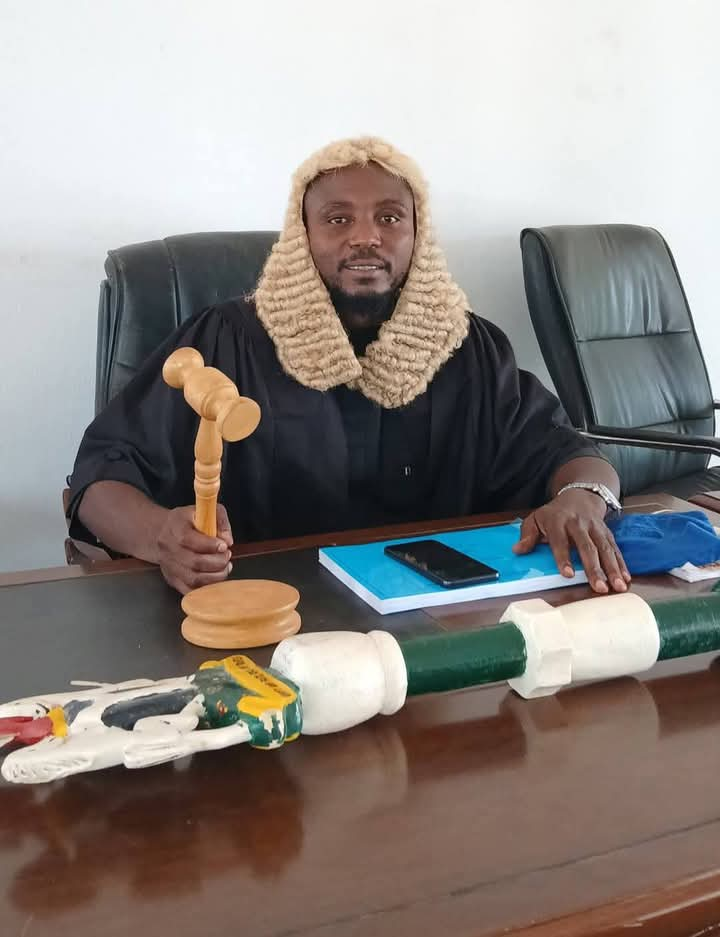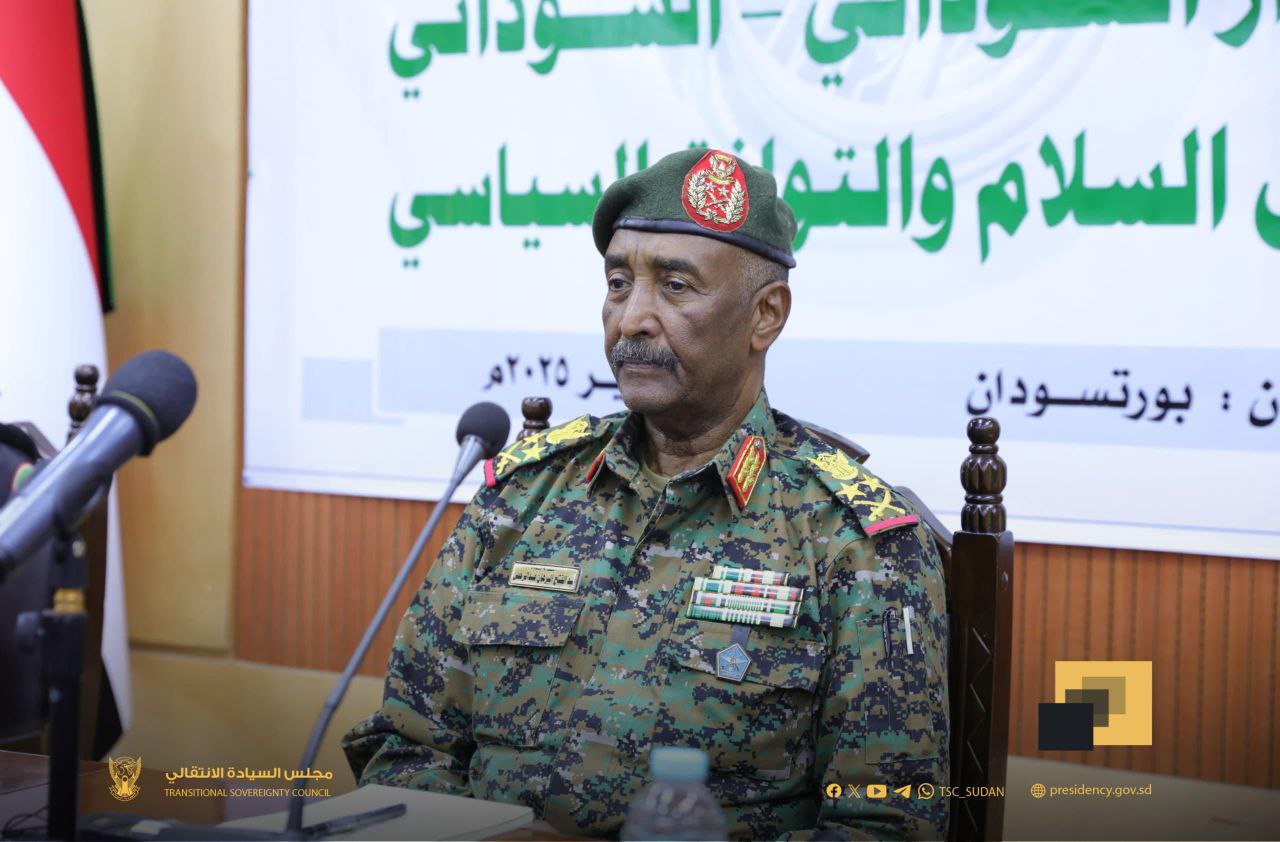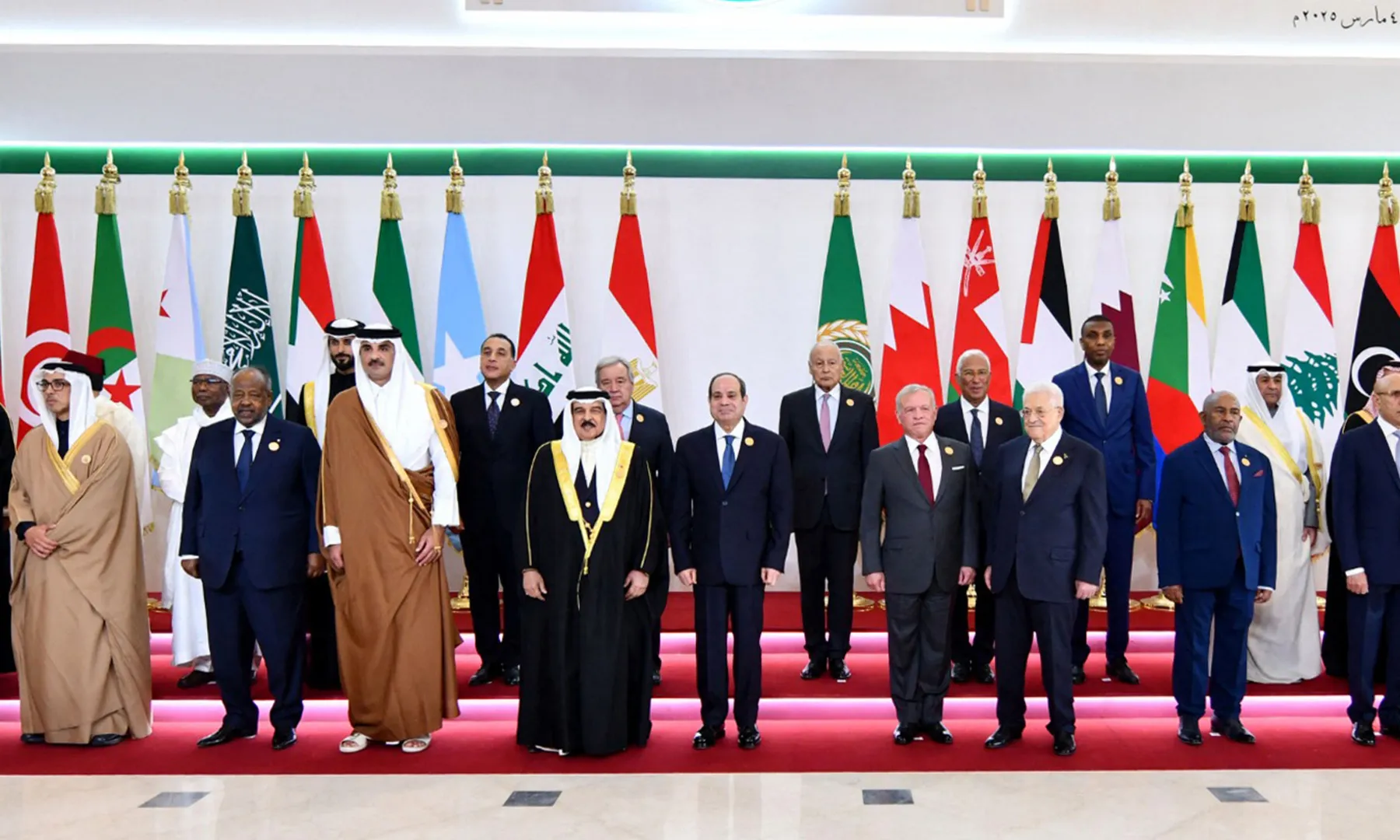Analyzing the Crisis with Inputs from Military Experts and Senator Shehu Sani
The ongoing crisis in Niger Republic, characterized by a military junta’s seizure of power through a coup, has sparked international concern.
Amidst the turmoil, the Economic Community of West African States (ECOWAS) has emerged as a pivotal actor in addressing the situation. As discussions revolve around the potential deployment of ECOWAS troops to remove the military junta, concerns from military experts and insights from Human Rights Activist and PanAfricanist, Senator Shehu Sani (throuh his Twitter handle @ShehuSani), play a crucial role in shaping the understanding of the multifaceted challenges at hand.
1. Complexity of Military Intervention:
Military experts express caution over the complexities involved in dislodging a military government in a vast country like Niger Republic, exceeding Nigeria in size. Their insights highlight the inherent risks of military interventions, as the junta might fiercely resist, leading to heightened violence and instability. Success in such an operation would necessitate a well-coordinated and robust military approach to achieve a swift and decisive resolution.
2. Intra-Regional Dynamics:
The involvement of neighboring countries with military governments, including Mali, Guinea, and Burkina Faso, presents a layered dynamic that requires careful consideration. Military experts warn of potential regional power struggles, where neighboring countries may perceive an opportunity to protect their interests by supporting the military junta. Such complexities add to the challenge of resolving the crisis and may strain diplomatic relations among nations.
3. Regional Security Threat:
Active support from neighboring countries for the Niger military junta could create a regional security threat. The crisis may incite rebellions or insurgencies in other West African nations, causing broader instability in the region. The potential for heightened political unrest and increased violence demands careful consideration and planning.
4. West’s Focus on Ukraine:
ECOWAS must navigate the challenge of garnering adequate international support. With the world’s attention fixated on geopolitical flashpoints like Ukraine, resources and focus may divert away from addressing the situation in Niger. This puts additional pressure on regional actors to take decisive action and address the crisis effectively.
5. Potential for Destabilization and Fueling Extremism:
ECOWAS’ intervention in Niger carries the risk of inadvertently fueling extremist groups such as ISWAP and Boko Haram. These terrorist organizations have long posed a threat to the region, and any disruption to governance and security in Niger could create a vacuum for their resurgence.
The resulting instability may provide ISWAP and Boko Haram with opportunities to regroup and expand their operations. Both groups have demonstrated resilience in the face of military actions, often capitalizing on weak governance and security vacuums. A prolonged crisis in Niger may attract these terrorist groups, using it as a base for cross-border attacks and further destabilization.
To mitigate this risk, ECOWAS must approach its intervention with utmost caution, ensuring a well-calibrated and targeted response. Diplomatic engagement remains crucial alongside military considerations. ECOWAS should continue exploring dialogue and negotiation channels with the military junta, while emphasizing the importance of a peaceful and sustainable return to democratic governance.
